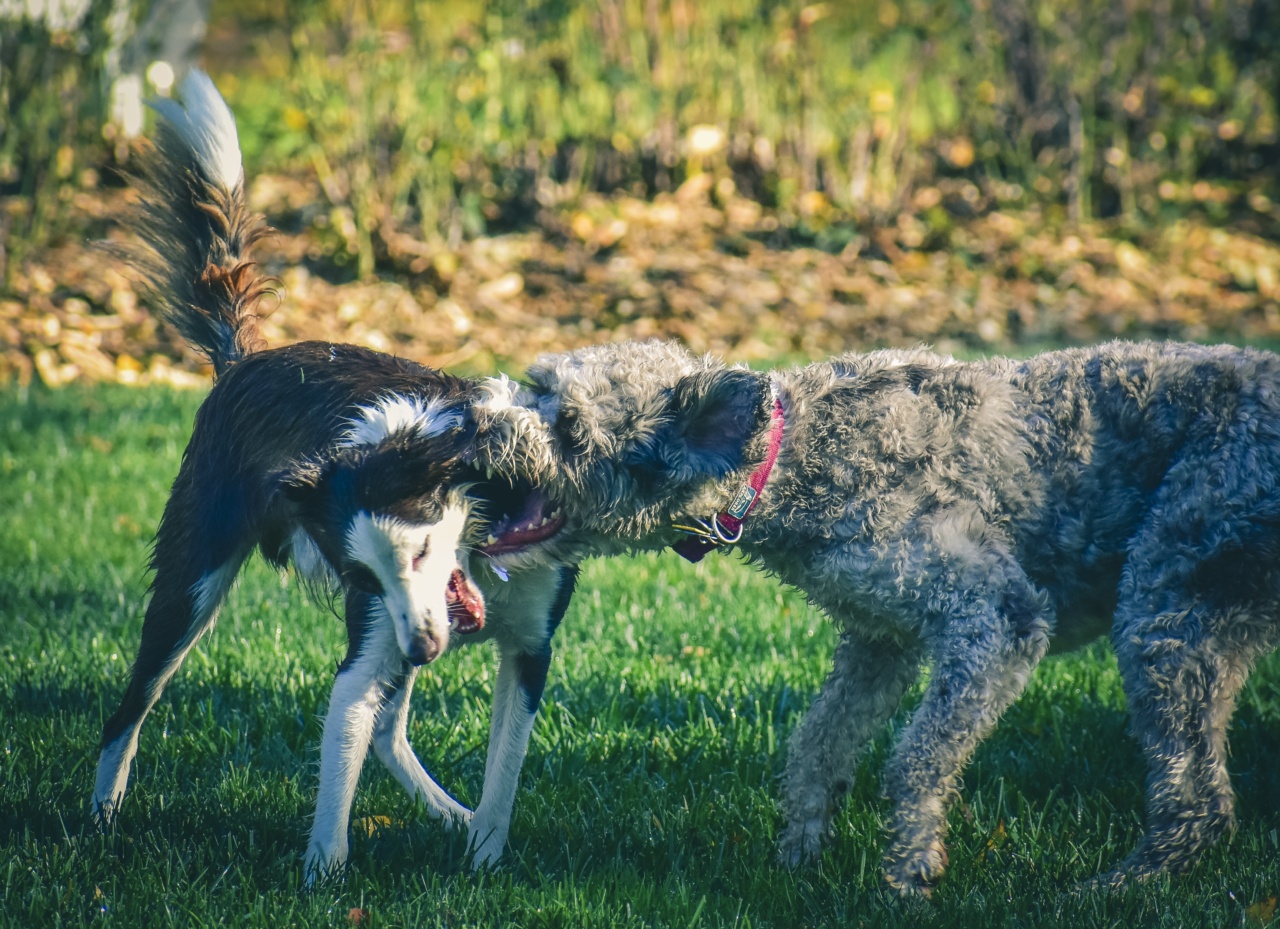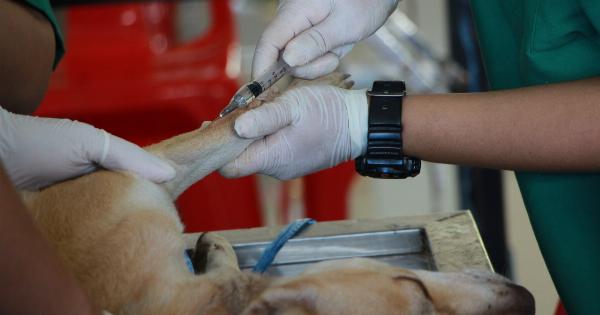Dogs are wonderful creatures that bring joy and companionship to our lives. They are loyal and friendly, and they provide us with unconditional love.
As dogs grow and develop, their behavior may change in response to different environmental factors, including their diet. In this article, we will explore how diet adjustment can affect dog behavior changes related to growth.
How Diet Affects Dog Behavior
Diet plays a significant role in the overall health and wellbeing of your dog. The food you feed your dog is the primary source of the nutrients they need to grow and thrive.
A well-balanced diet can help prevent health issues such as obesity, bad breath, digestive problems, and skin irritations, and improve your dog’s coat and immune system. Conversely, an improper or low-quality diet can cause a range of health issues that can affect your dog’s behavior, including aggression, anxiety, hyperactivity, and lethargy.
Dietary Needs for Dogs in Different Stages of Growth
Dogs have different nutritional needs at different stages of their lives. Puppies, for instance, require more calories and protein than adult dogs to support their growth and development.
Older dogs need less protein and calories than younger dogs to maintain their muscle mass and weight.
Therefore, it’s important to ensure that your dog’s diet meets their specific nutritional needs according to their stage of growth. An imbalanced diet can lead to several issues, including behavioral changes.
Behavioral Changes in Dogs Due to Diet
Changes in diet can lead to a variety of behavioral changes in dogs, which can be both positive and negative.
Positive Behavioral Changes
- Increased Activity: Adequate nutrient-dense diet can provide your dog with the energy needed to play, exercise, and engage in other activities.
- Improved Learning Ability: A balanced diet enables your dog to concentrate and focus on training sessions better.
- Reduced Stress and Anxiety: A dog fed a balanced diet can have reduced anxiety levels and will likely be much happier and calmer.
- Glowing Skin and Glossy Fur: Dogs with healthy skin and a shiny coat are often more exuberant and can engage in activities that make them happy.
Negative Behavioral Changes
- Hyperactivity: Feeding your dog a diet that is high in sugar and carbohydrates can cause an energy spike, making the dog appear restless and overactive.
- Aggression: A dog that is not receiving enough nutrients can be irritable and prone to showing aggression towards other dogs or their owners.
- Depression and Lethargy: A dog that is not receiving a healthy consistent diet can become depressed, lethargic, and unresponsive.
- Food-Related Anxiety: A dog that is anxious or fearful of food may have been poorly fed or received inadequate nourishment
How to Adjust Your Dog’s Diet to Prevent Behavioral Changes
To avoid behavioral changes related to a dog’s diet, pet owners can follow these simple steps:.
- Consult with a veterinarian on the best feeding plan for your dog based on their age, weight, breed and activity level.
- Choose high-quality canine foods that provide the recommended ratio of protein, carbohydrate, fat, and other micronutrients.
- Avoid feeding your dog table scraps or treats in addition to their regular diet.
- Do not switch your dog’s food suddenly; instead, gradually transition them to a new diet to avoid digestive upset.
- Provide your dog with fresh drinking water that is changed regularly throughout the day to ensure they stay hydrated.
- Monitor your dog’s behavior to keep track of any changes or if there is a need for dietary adjustments.
Conclusion
In conclusion, your dog’s diet plays a significant role in the growth and behavioral changes throughout their lives.
Nutritional imbalance can lead to several undesirable behavioral changes, ranging from depression and lethargy to aggression and anxiety. Pet owners should take proper care while choosing a balanced diet for their dogs to ensure they have a high-quality life with sparkling personality and well-being.






























